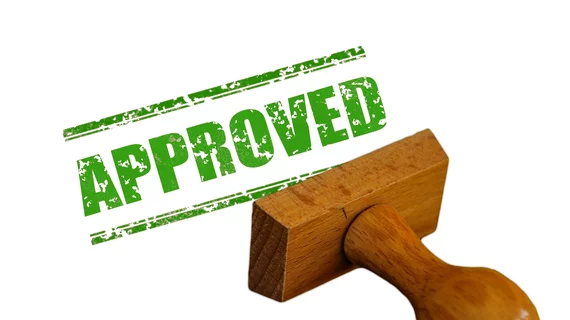Abbott has received CE mark and Health Canada approval for its Amplatzer Steerable Delivery Sheath, a new solution designed to treat left atrial appendage (LAA) occlusion or closure patients with atrial fibrillation (AFib) who face a high risk of stroke.
The device is to be used with Abbott’s Amplatzer Amulet left atrial appendage occluder. Features being touted by the company include bi-directional steering and a hemostasis valve that minimizes blood loss during LLA occlusion and closure procedures.
“This innovation advances the performance of our Amplatzer Amulet device and offers patients a much-needed treatment option to help manage stroke risk from AFib,” Michael Dale, senior vice president of Abbott's structural heart business, said in a prepared statement. “At Abbott, we are continually looking for new and better ways to address structural heart diseases, and this approval is another step forward in helping people achieve better health.”
“Physicians performing occlusion procedures on the LAA can now easily and precisely place the device in a broad range of anatomies with an enhanced delivery system that shortens procedure time and enhances efficiency,” added Jacqueline Saw, MD, a specialist at Vancouver General Hospital with experience using the solution.
Both the Amplatzer Steerable Delivery Sheath and Amplatzer Amulet LAA occluder have not yet been approved for use in the United States.

